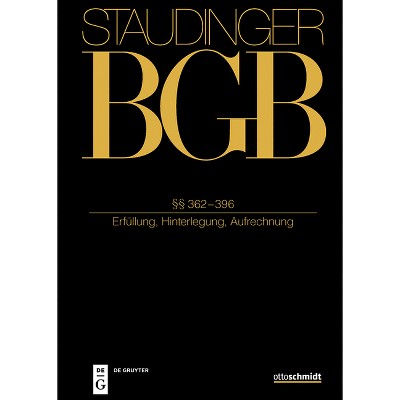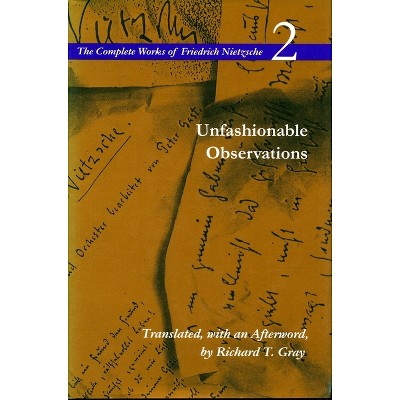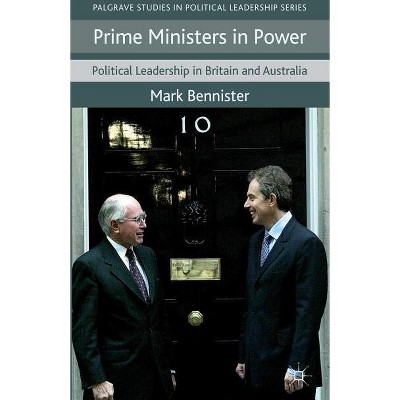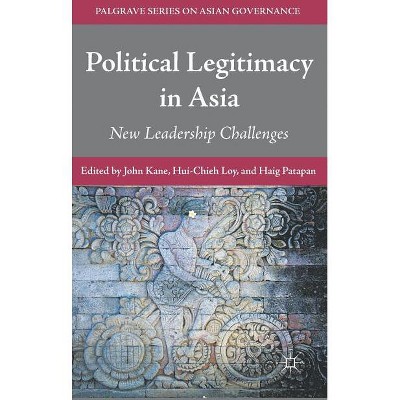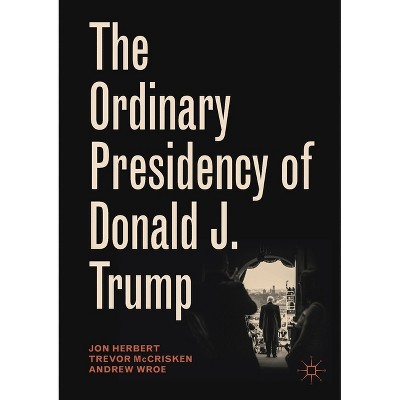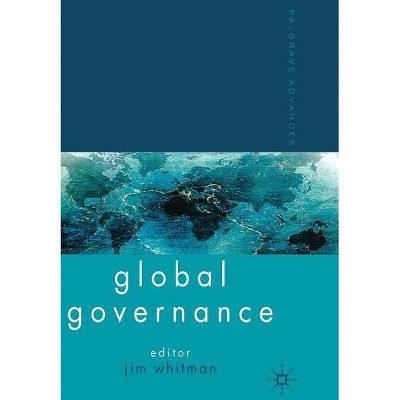Sponsored

Prime Ministers and Rhetorical Governance - (Palgrave Studies in Political Leadership) by D Grube (Hardcover)
In Stock
Sponsored
About this item
Highlights
- Prime Ministers in Westminister style democracies are forever talking to and communicating with the electorate.
- About the Author: Dennis Grube is Lecturer in Politics at Griffith University in Australia, and holds a PhD in British History from the University of Tasmania.
- 207 Pages
- Political Science, Political Ideologies
- Series Name: Palgrave Studies in Political Leadership
Description
About the Book
"It is a well-known fact that Prime ministers are fond of talking, in fact at times it seems impossible to get them to do anything else. The reason for this constant talking is that Prime Ministers are all too aware of the importance of frequently talking to and communicating with the electorate. Political rhetoric has a central function that goes far beyond the need to rouse people at election time or in times of great crisis but rather persuasive political talk by prime ministers is central to the practice of modern government itself.This book argues that there are institutionalised patterns in the speeches that prime ministers give. Like an old-style jukebox, there are only a certain number of records in the prime ministerial machine. Inevitably, each prime minister will play the same songs in the same order as their predecessor. This repetitive rhetoric has an impact not just on the minds of voters, but also on day-to-day governance in Westminster system democracies"--Book Synopsis
Prime Ministers in Westminister style democracies are forever talking to and communicating with the electorate. This ground-breaking book explores and analyses the uses of political rhetoric by Prime Ministers to explore patterns of communication and shows that the manner in which they talk to the electorate is central to day-to-day governance.Review Quotes
'Prime Ministers and Rhetorical Governance is a sophisticated and accessible study which explores how top government leaders use rhetorical strategies to lead governments and to frame policy discourse and interventions. This study uses historical and comparative analysis to illuminate dimensions of rhetorical governance focusing particularly on the Westminster experience of Australia, Canada, New Zealand and the UK and successfully links them to the contemporary conditions of centralizing prime ministers, networked governance, and 24-7 news cycles. Grube's work will undoubtedly engage political scientists, but should equally interest scholars and practitioners seeking to understand how rhetoric strategies and practice by prime ministers conditions and informs public policy and public administration, opening up and constraining opportunities for change.'
Professor Evert Lindquist, University of Victoria, British Columbia; Editor, Canadian Public Administration.
"This is an important and insightful book. It not only enlarges our understanding of political leadership in British politics, but also reframes our grasp of rhetoric as an ever-evolving tool of governance in and outside formal political institutions. It will be a central point of reference for the expanding interest in political speech and communications."
James Martin, Professor of Politics, Goldsmiths, University of London
'This book is an important contribution to our understanding of the relationships between political rhetoric, leadership and governance. Through a skilful comparative study of different Parliamentary regimes (The United Kingdom, Australia, New Zealand and Canada) Grube identifies an 'institutionalised' rhetoric which, he argues, shapes politicians behaviour. This is a bold claim which urges us to think afresh about the power (and the weakness) of Prime Ministers'.
Alan Finlayson, Professor of Political and Social Theory, University of East Anglia
About the Author
Dennis Grube is Lecturer in Politics at Griffith University in Australia, and holds a PhD in British History from the University of Tasmania.Shipping details
Return details
Trending Non-Fiction






